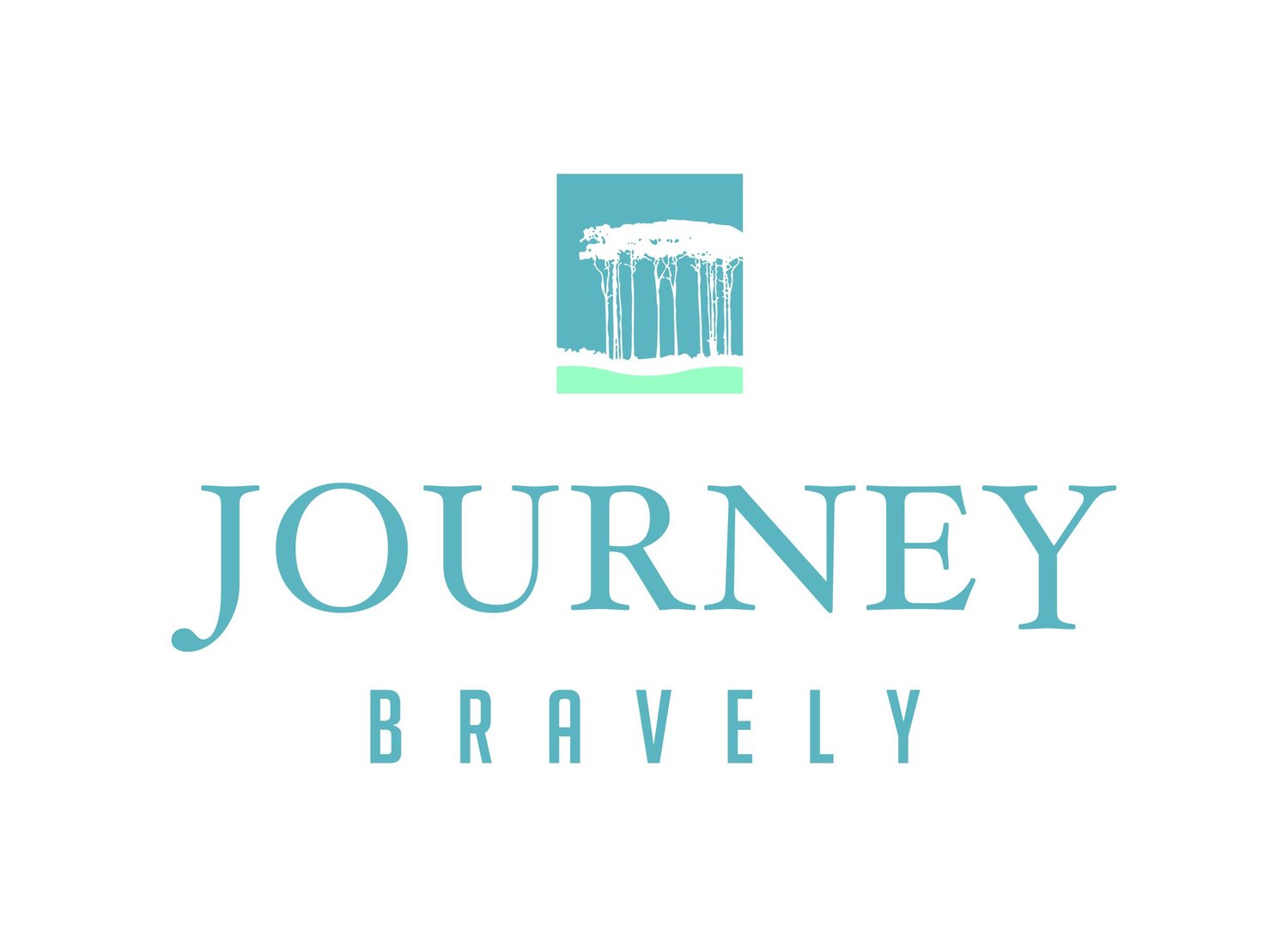Do you find it difficult to enjoy today because your mind is anxious and overwhelmed about the past and future?
Mindfulness is the practice of increasing focus on the present moment instead of on the past and future. Mindfulness creates space for you to live and enjoy life with less background noise. It can reduce stress, anxiety, and depression while increasing attention, calm, and presence in your relationships.
However, our brains naturally gravitate toward past or future, distracting us from our present experience. Past thoughts are commonly about regret leaving us feeling sad. Future thoughts are commonly about our desire to control future events leading to anxiety. In reality, we can only be in the present moment.
Most often, the present moment is not the source of stress. Rather, it’s our past or future oriented, obsessive thoughts creating anxiety. Stress results from the long to-do list for later today or the difficult conversation we are replaying from yesterday.
The hopeful news is current neuroscience says our brains are moldable and created for change. With intentional, repetitive mindfulness practice, our brains can and will embrace more present focus. Explore these mindfulness characteristics and practices to feel calmer and more present in life.
8 Characteristics of Mindfulness:
Notice your surroundings as you observe them through your 5 senses. "I see a red car, I hear my favorite song, I feel cool air blowing on me, I feel the smooth steering wheel, I smell my peppermint car freshener."
Let go of trying to control what is outside your control. Accept what is happening and think about how you can bring the best version of yourself into that situation.
Let go of judging people and circumstances as good/bad. Instead notice and accept behavior and circumstances as they are. Recognize your response does not need to be determined by others behaving well or badly.
Notice and name feelings without allowing your feelings to determine your response. "I'm noticing that sadness is surrounding me right now and I can feel it in my throat and in my eyes." A feeling can just be a feeling when you understand and name it.
Notice thoughts and feelings come and go like waves and usually move on if we do not grasp or avoid them.
Participate fully in exactly what you are doing right now. Let go of ruminating and begin describing your present experience to yourself through your senses. Allow yourself to become immersed fully in the present experience.
Tend to each thing in its own time. If while you are focusing on the present moment, you are noticing a repeated invasive thought about a future task, set aside a specific time later to give the future task your full attention.
Do one thing at a time. There is something relaxing about refusing to multitask.
Now that you understand some basic ideas of mindfulness, use the following steps to stay in the present when past and future thoughts try to dominate your mind.
5 Steps for Practicing Mindfulness:
1. DESCRIBE your moment by moment actions to yourself. "I am getting out of bed, the floor is cold, I'm turning on the shower..."
NOTICE past/future oriented thoughts. "I am noticing that I'm thinking about my work meeting tomorrow."
GENTLY DISMISS past/future oriented thoughts. "Now is not the time to think about my work meeting. I will spend 30 minutes tonight preparing for my meeting. Right now, I am focusing on…"
RETURN to describing your moment by moment experience using your senses. "I see a blue umbrella, I smell fresh rain, I feel moisture on my skin."
REPEAT the process over and over knowing you are retraining your brain. At some point in the near future, you won't have to work so hard at it!
It is helpful to begin steps of mindfulness during short, specific life activities like teeth brushing, eating breakfast, and driving. After you are practiced, begin putting activities together to build hours of mindfulness. Keep in mind it takes about 21 days of repetitive practice to create a new brain habit, then additional weeks of consistency to sustain the habit.
I encourage you to commit 21 days to developing this practice and track your progress. Visit the Journeybravely.com Resources page for your free 21 Day Mindfulness Challenge PDF plus a free PDF Mindfulness Steps & Characteristics sheet. I wish you success in showing up fully in your present life!
Written By: Stephenie Craig, LCSW
Stephenie is a Licensed Clinical Social Worker with 18 years experience specializing in emotional/relational health counseling. Stephenie loves hearing others’ stories and helping people find new perspective that produces peace, healing, and connection through individual counseling. Stephenie provides treatment for adults, teenagers, couples, and families with anxiety symptoms, parenting struggles, teen issues, depression, grief, divorce, and other life transitions. Realizing your life is out of balance and ready to schedule your initial counseling session? Connect here for information about counseling Stephenie provides and get your initial therapy session scheduled.







